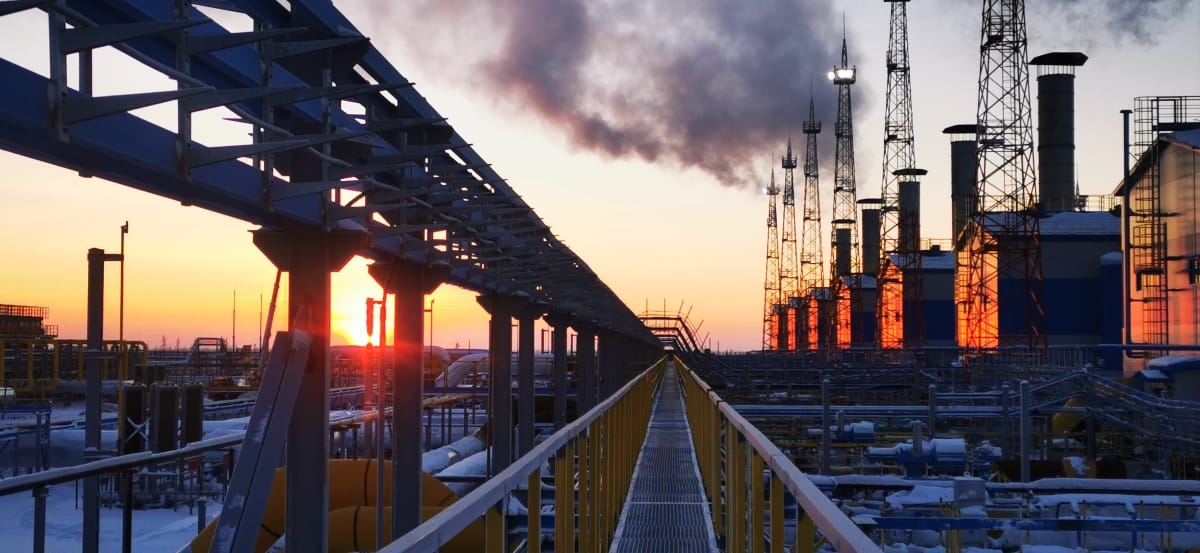
Latest Western oil embargo expected to have minimal impact
A Western embargo on Russian oil products came into force Sunday — along with the related price cap. Oil products are a market segment in which Russian companies will have a hard time replacing European costumes with Asian ones (traditionally, Asian countries only buy crude oil from Russia). Gasoline prices in Russia have already dropped. However, analysts predict that the new sanctions will not bring disastrous consequences.
- The Western price cap is $100 a barrel for oil products trading at a higher price than crude (such as diesel or gasoline) and $45 for products cheaper than crude (such as fuel oil). These levels imply a reduction of about 25% compared with prices in northwest Europe. However, it is almost impossible to predict what will really happen: Russia’s oil trading market is now so opaque that it is increasingly difficult to understand the real price of transactions. You can read more about that here.
- Petroleum products are Russia’s second largest commodity export after crude oil, accounting for about one third of all oil-and-gas sales. In 2021, Russia generated $70 billion from exporting petroleum products (crude oil exports were worth $110 billion and gas $55.5 billion). It will be more difficult to redirect these exports towards Asia because China and India do not need such large amounts of petroleum products.
- In the run-up to the introduction of the embargo, Russian exchanges were running at their highest volumes since 2011, while prices dropped to multi-year lows: AI-92 gasoline traded at its lowest price since 2016 on the Petersburg exchange, diesel was at its lowest rate since 2017. Prices fell due to evaporating demand from European buyers in advance of the embargo. According to a source who spoke to news agency Interfax, the domestic market now has a near-record stock of fuel.
- Even so, Russian economists are not anticipating any great disasters. Sergei Kaufman, an analyst at Finam investment bank, said that some exports will be redirected to countries in Africa, Southeast Asia and even Latin America. We may also see attempts to evade the embargo: for example, Russia may export more petroleum products to the Gulf states, who then increase their exports to Europe. Another of The Bell’s sources at a leading Russian investment bank admitted that it will be hard to redirect petroleum products to new markets.
- Russia’s financial plans anticipate a decline in oil production. All of the anticipated decline could come as a result of the petroleum products embargo, according to one of The Bell’s sources at a Russian investment bank. Brokerage BKS suggested in a recent report that the Western embargoes on oil and petroleum products could result in a decline of one million barrels a day in Russia’s oil production. However, the publication expects this to be a temporary blip: like in 2022 when oil markets quickly adjusted to the “new normal.”
Why the world should care
When the EU imposed its oil embargo last year it caused financial problems. However, for such embargoes to be a serious problem for the Kremlin, Russian oil prices would have to remain at ultra-low levels for a long time. Instead, oil prices seem to have bottomed out: according to official figures, in January the average price for a barrel of Russian Urals crude was $49.5, up slightly from $46.8 in late December.




